- Home
- slideshows
- miscellaneous
- Prison sentences could turn into death sentences amid the coronavirus pandemic, experts say. Mass releases could be the best strategy to save thousands of lives.
Prison sentences could turn into death sentences amid the coronavirus pandemic, experts say. Mass releases could be the best strategy to save thousands of lives.
There are about 146,000 inmates in US federal prisons. About 10,000 of those are over the age of 60, which the CDC deems high-risk for severe cases of the coronavirus.

For decades, health officials have warned that jails and prisons are ideal environments for virus outbreaks.
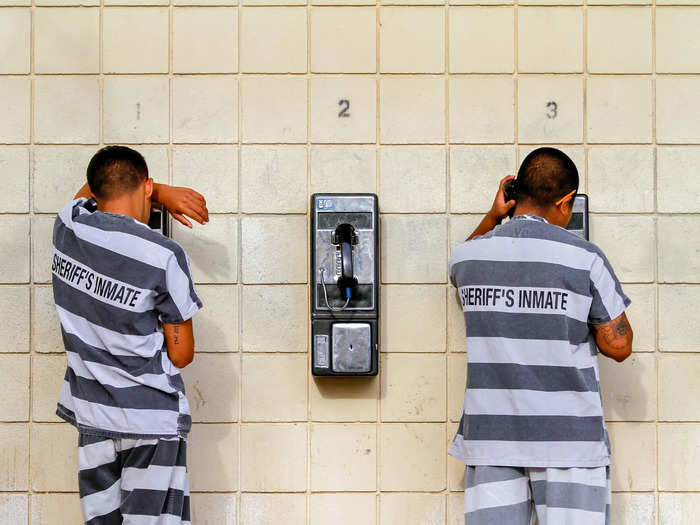
Source: Business Insider
Dr. Burton Bentley II, an emergency medicine physician and founder of the consulting firm Elite Medical Experts, told Business Insider that the confines of US prisons are often "fertile grounds for infectious disease" because of how tightly packed they are.
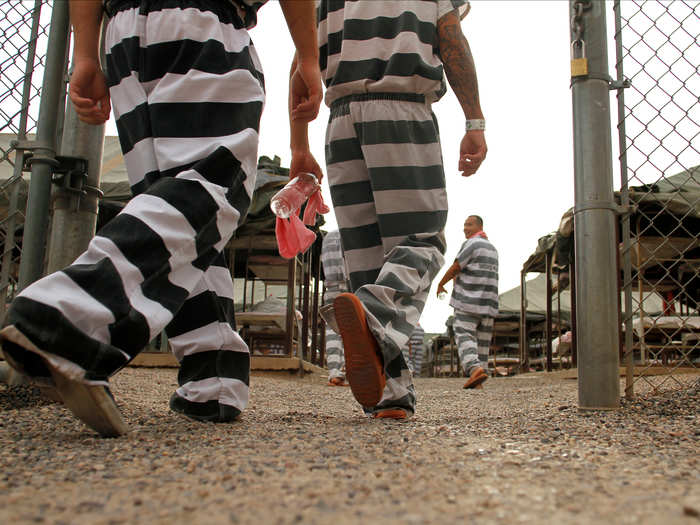
Source: Business Insider
Josiah Rich, professor of medicine and epidemiology at Brown University, Scott Allen, professor of medicine emeritus at the University of California at Riverside, and Mavis Nimoh, executive director of the Center for Prisoner Health and Human Rights at the Miriam Hospital, wrote an opinion piece for the Washington Post stating that releasing prisoners is necessary to combat the spread of the coronavirus.
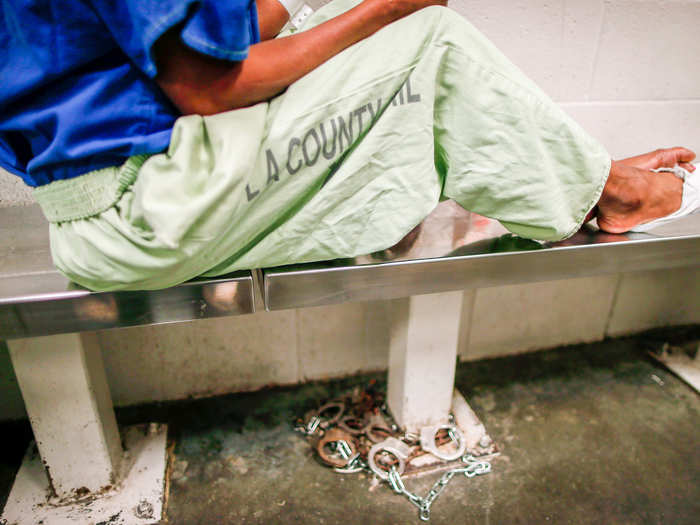
Source: The Washington Post
David E. Patton, head of the federal public defender's office in New York, backed this in conversation with the New York Times. He said, "by keeping more people in the jails, you are increasing the overall number of people who contract the virus ... they are playing roulette with people's lives."
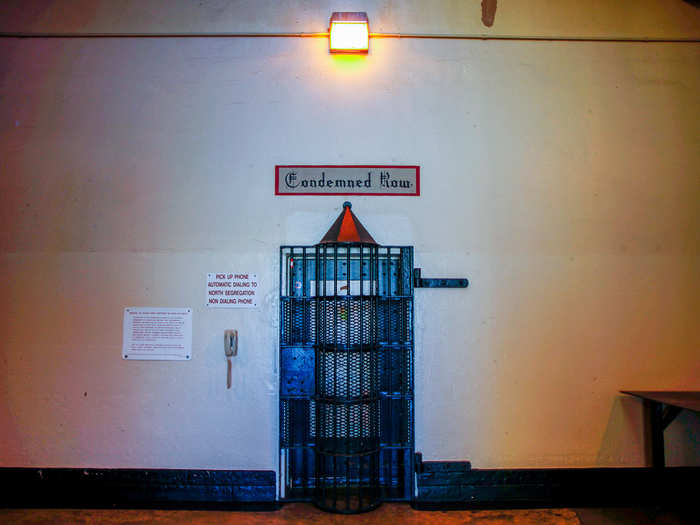
Source: The New York Times
Many inmates share living spaces with toilets just a few feet away from where they sleep.
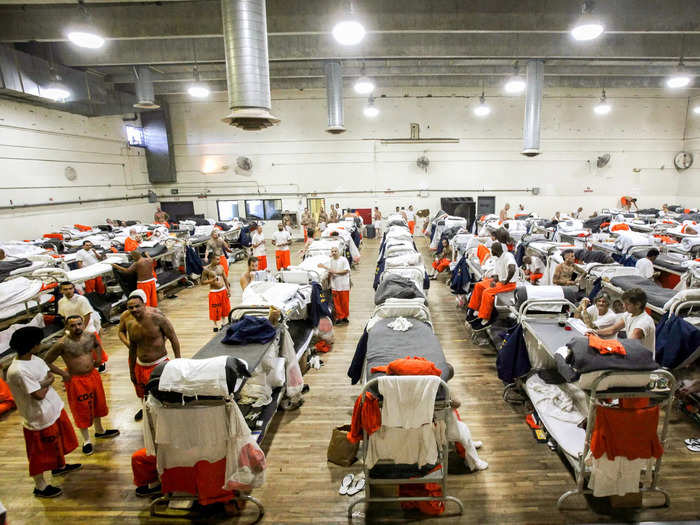
Source: Business Insider
At a minimum-security federal prison in Bennettsville, South Carolina, a correctional officer said inmates spend hours each day in rooms together where nearly 250 people could be gathered with no more than three feet between them.
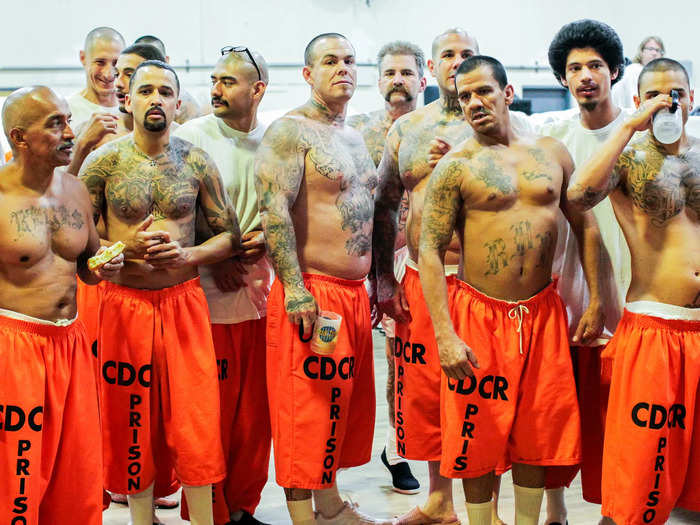
Source: Business Insider
In response to the coronavirus crisis, Attorney General William Barr said the Justice Department takes its responsibility for its inmates seriously.

Source: Business Insider
"We want to make sure that our institutions don't become Petri dishes," he said in a press conference at Main Justice in Washington, DC, on March 26. "But we have the protocols that are designed to stop that, and we are using all the tools we have to protect the inmates."

Source: Business Insider
Barr also sent a statement to the Bureau of Prisons (BOP) saying that nonviolent, at-risk prisoners "might be safer serving their sentences in home confinement rather than in BOP facilities."

Source: Business Insider
On March 17, Iran temporarily released 54,000 people from prison to prevent further spread of the virus, and some US cities followed suit.
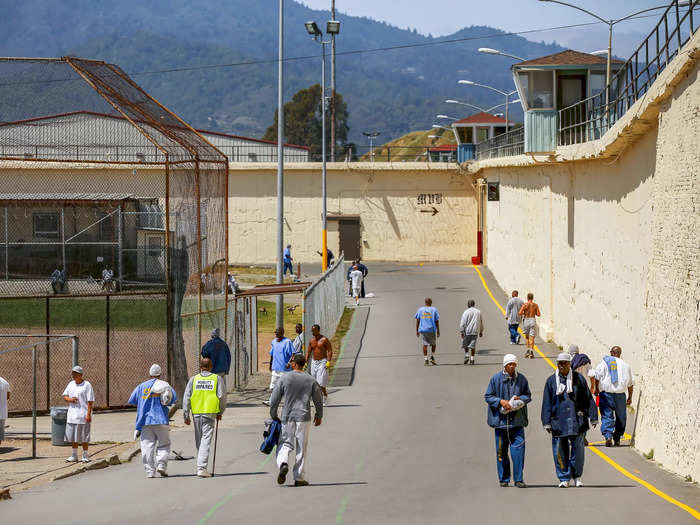
Source: Business Insider, Business Insider
Several local governments across the US released thousands of elderly and low-level inmates to prevent further spread of the coronavirus in states like Texas, California, and New York.
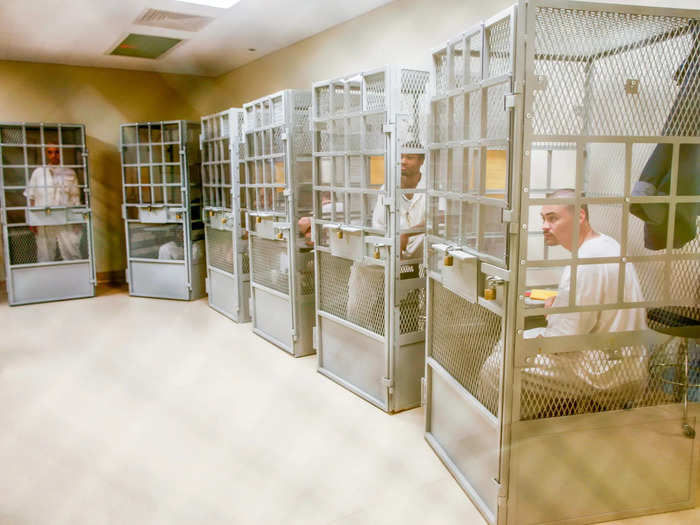
Source: Business Insider
On March 22, President Donald Trump said that he's considering releasing elderly, nonviolent prisoners from federal prisons.

Source: Business Insider
On March 29, NYC Mayor Bill de Blasio announced his plan to release around 300 select city jail inmates over the age of 70 who have at least five pre-existing conditions making them high-risk for becoming infected with a severe case of the coronavirus, not including inmates with domestic violence or sexual offense charges.
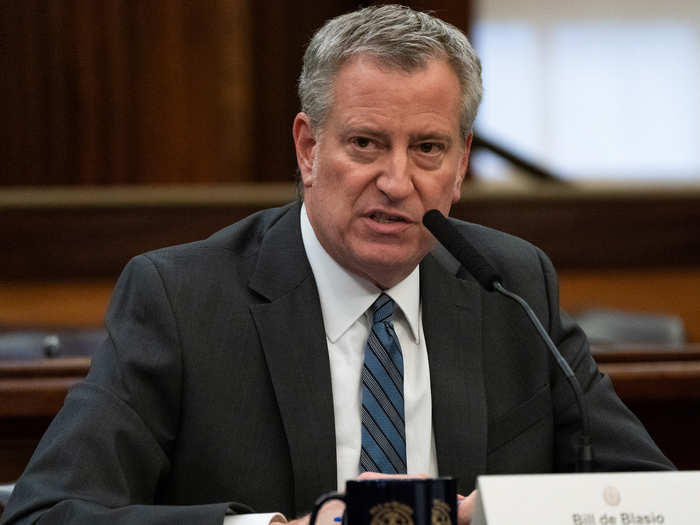
Source: Business Insider
The inmates being released had less than a year left to serve at Rikers Island, one of the biggest jails in the world. The city's Department of Correction said 17 employees and 29 inmates there tested positive for the coronavirus on March 22.
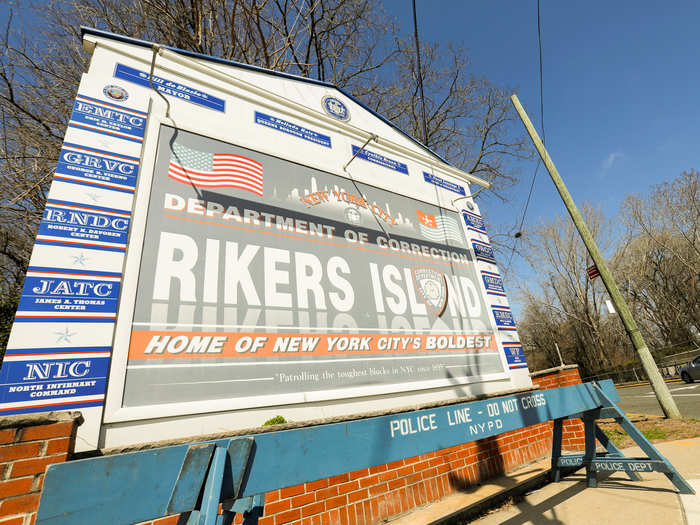
Source: Business Insider, New York Post
There are about 7,000 inmates at Riker's Island, and the Department of Justice reported poor living conditions within the facility, including abuse and violence, in 2014.
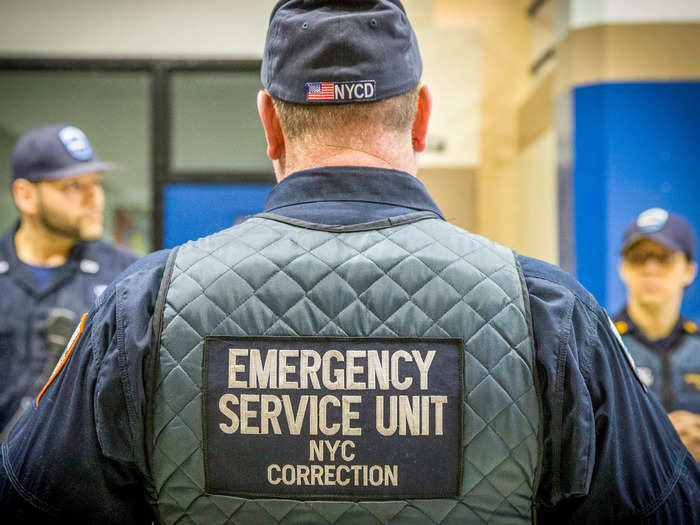
Source: Insider
The New York Department of Correction told correction officers to follow "basic flu protocols such as covering nose/mouth when coughing or sneezing and washing hands frequently," in a statement.
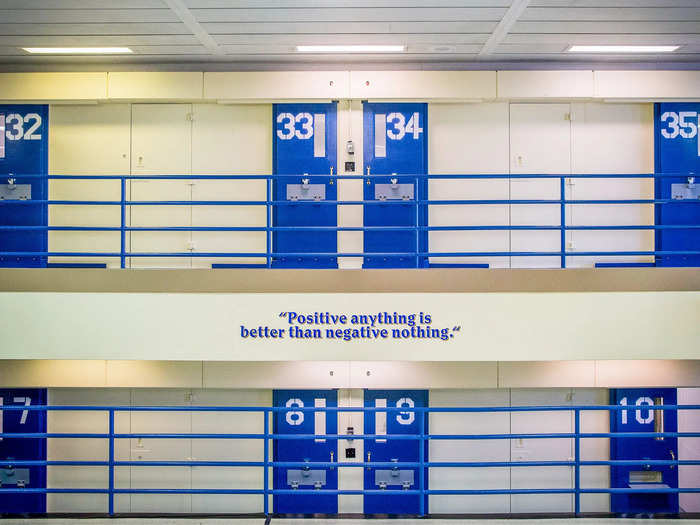
Source: Business Insider
This is nearly impossible for some. A staff member at a federal jail in South Carolina said staff restrooms are running out of soap.
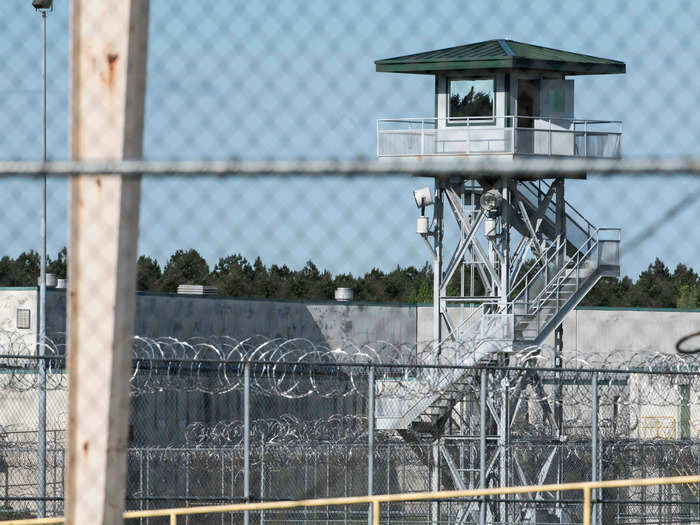
Source: Business Insider
Jack Donson, who worked for the US Bureau of Prisons for more than 20 years, told Business Insider if an outbreak happens in the federal system, it likely won't be because of lack of procedure, but rather because it wasn't carried out.
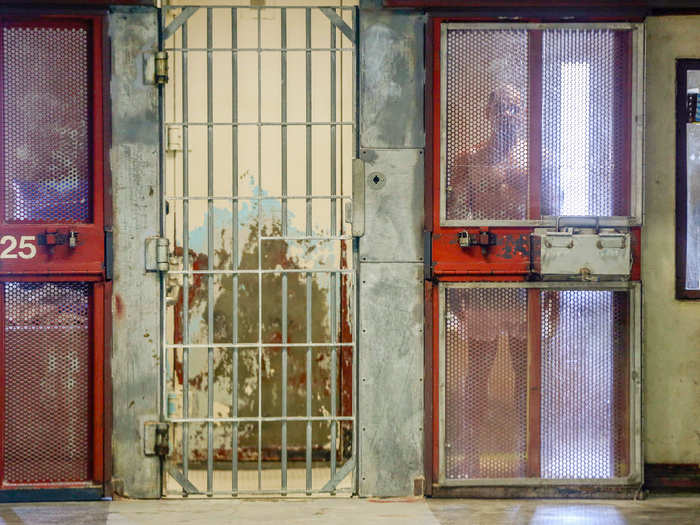
Source: Business Insider
Inmates entering the federal prison system are supposed to be screened for coronavirus risk factors, checked for fever, and quarantined for 14 days.
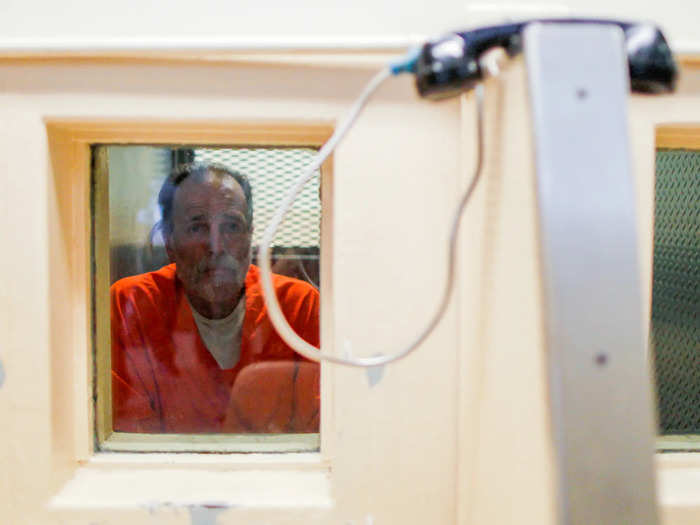
Source: Business Insider
But inmates and advocates told the Associated Press that some inmates at the FCI Yazoo City in Mississippi and at the Metropolitan Correctional Center in New York were not tested or quarantined. There are confirmed cases at both facilities.
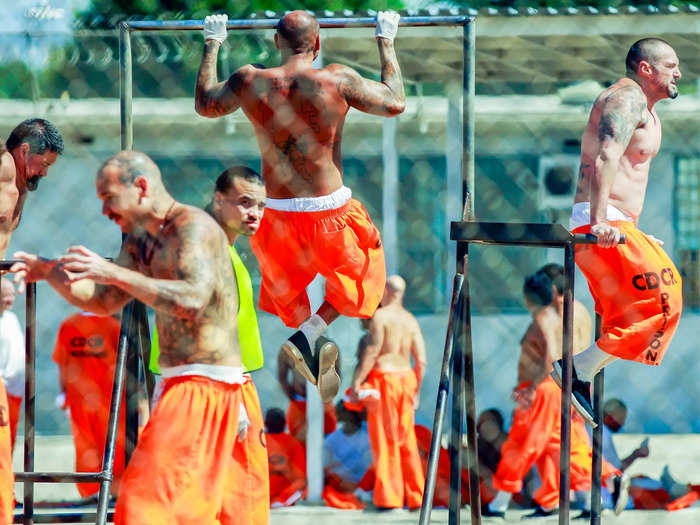
Source: Business Insider
In an Associated Press report including interviews with several correctional officers, inmates, attorneys, and advocates, inmates said when they experience flu-like symptoms, there's hardly guidance on what to do, and some are not tested for the coronavirus.
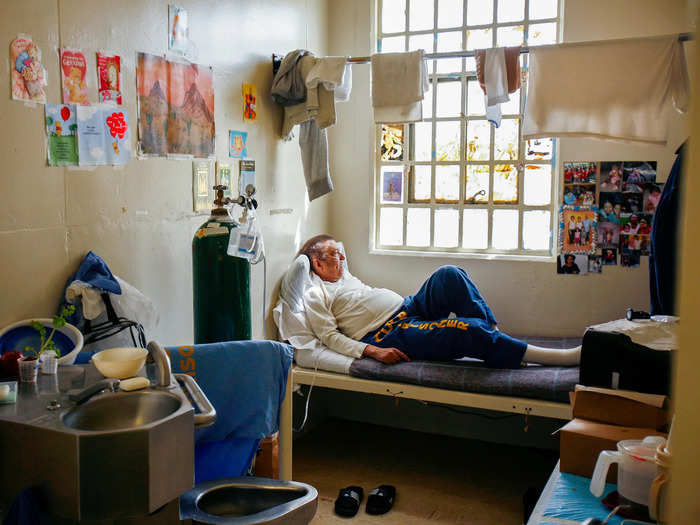
Source: Business Insider
Over in Beaumont, Texas, Joseph Plany, an inmate at a federal prison camp, told the Associated Press that the medical unit turned away another inmate who sought treatment for respiratory symptoms.
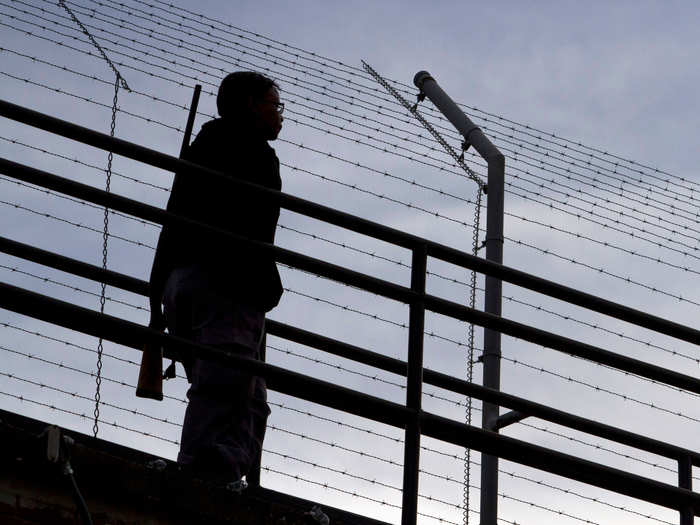
Source: Business Insider
Prison staff members in Florida and South Carolina told the Associated Press that inmates have been allowed to be closer than the six-foot recommendation.
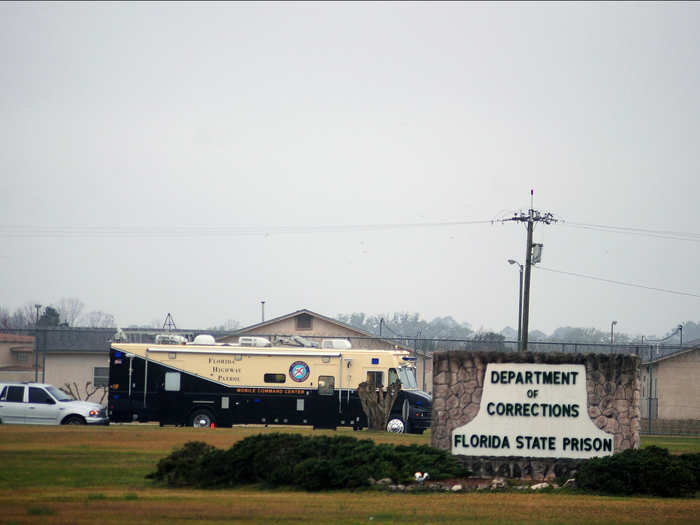
Source: Business Insider
On March 21, the first inmate in the federal prison system tested positive for the coronavirus at the Metropolitan Detention Center in Brooklyn, New York.
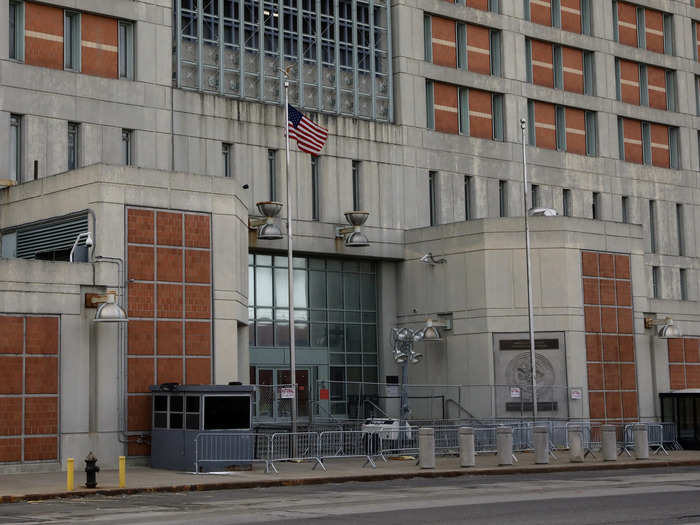
Source: Bloomberg
Popular Right Now
Popular Keywords
Advertisement